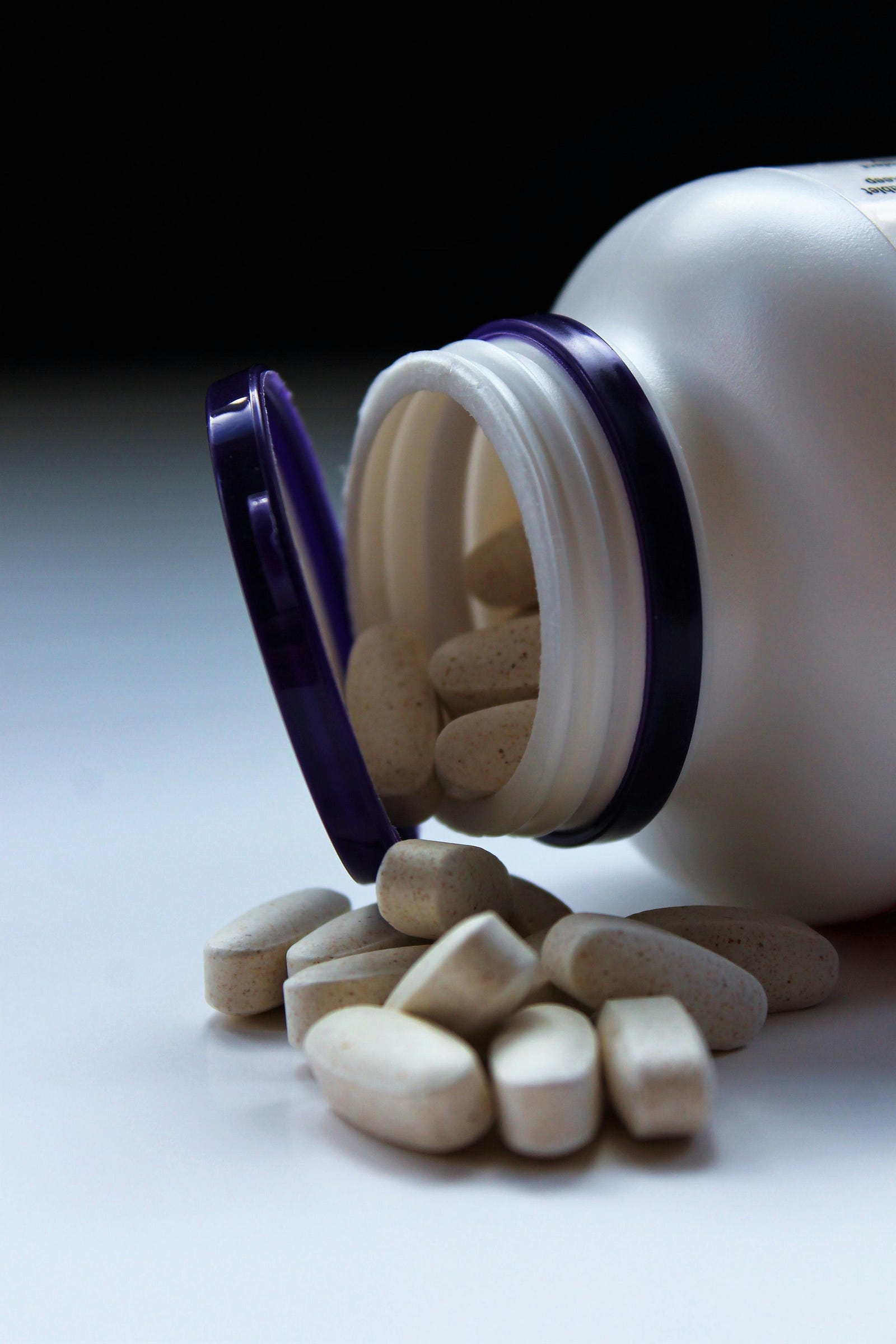Fountain of “Meh”
Fountain of youth? Sorry.
Your multivitamin is not going to make you Benjamin Button.
Do you remember that 2008 Brad Pitt film, The Curious Case of Benjamin Button?
In a twist of fate, Benjamin Button enters the world as an older man, gradually growing younger each year.

Amidst the oddities of his reverse-aging life, he encounters Daisy, a spirited young girl whose path intertwines with his own.
As she blossoms into a graceful dancer, their bond deepens through fleeting encounters, fueled by the longing for a love that transcends time’s constraints.
From whimsical escapades to profound reflections, Benjamin’s extraordinary journey is ultimately propelled by the unwavering hope that destiny will align their ages, allowing them to embrace a love that defies all odds.
Back to the bad news: A multivitamin will not slow your aging clock.
That’s the takeaway message from a new study.
Taking a Multivitamin is Common
I am not alone in my practice of consuming a daily multivitamin.
For me, it is a Centrum Silver tablet.
From seniors seeking an extra pep in their step to millennials chasing the elusive “glow,” 50 percent of American adults pop daily vitamin pills.

This habit translates to a collective $12 billion annually in the pursuit of better health.
Is There Data Supporting My Multivitamin Habit?
Why do I take a multivitamin?
There is some evidence that vitamins might promote health.
- Cataract risk reduction. A Journal of the American Association (JAMA) study showed that multivitamin use was associated with a lower chance of getting cataracts.
- Cancer risk drops in men. The same JAMA study suggested a slight (just over one-twelfth) reduction in cancer risk. However, not all studies show a risk improvement.
- Improved mood regulation. A very small study indicates that multivitamin use may help alleviate anxiety and depression in older men.
- Better memory. Several reports point to multivitamin use as enhancing memory in older adults.

But, a National Institutes of Health–sponsored State-of-the-Science Conference concluded:
The evidence is insufficient to recommend either for or against using multivitamins to prevent chronic disease.
A New Study – Fountain of Youth?
Before we get to the important findings of a new report, here’s my two cents:
Americans should get nutrients from food (rather than supplements).
Back to the new study, the latest research on the controversial topic of multivitamin use.
Researchers analyzed over 400,000 generally healthy adults over 20 years and found a surprising twist:
Daily multivitamin users had a slightly higher mortality risk (four percent) than non-users.

This finding held despite multivitamin takers being leaner, better sleepers, and often more educated.
Crucially, the study accounted for the fact that healthier people might be more inclined to take multivitamins.
Additionally, the study authors discovered no differences in death rates from cancer, heart disease, or stroke between the two groups.
My Take – Fountain of Youth?
This intriguing result challenges the common belief that multivitamins always equal better health and highlights the need for further research to understand the complex relationship between supplements and overall well-being.
While multivitamins show promise in certain areas, further research is needed to fully understand their long-term effects and determine who might benefit most.
In summary, the current study shows no multivitamin benefit on early mortality.
I will continue to focus my efforts on consuming a healthy diet.
Thank you for reading “Fountain of Youth?”




